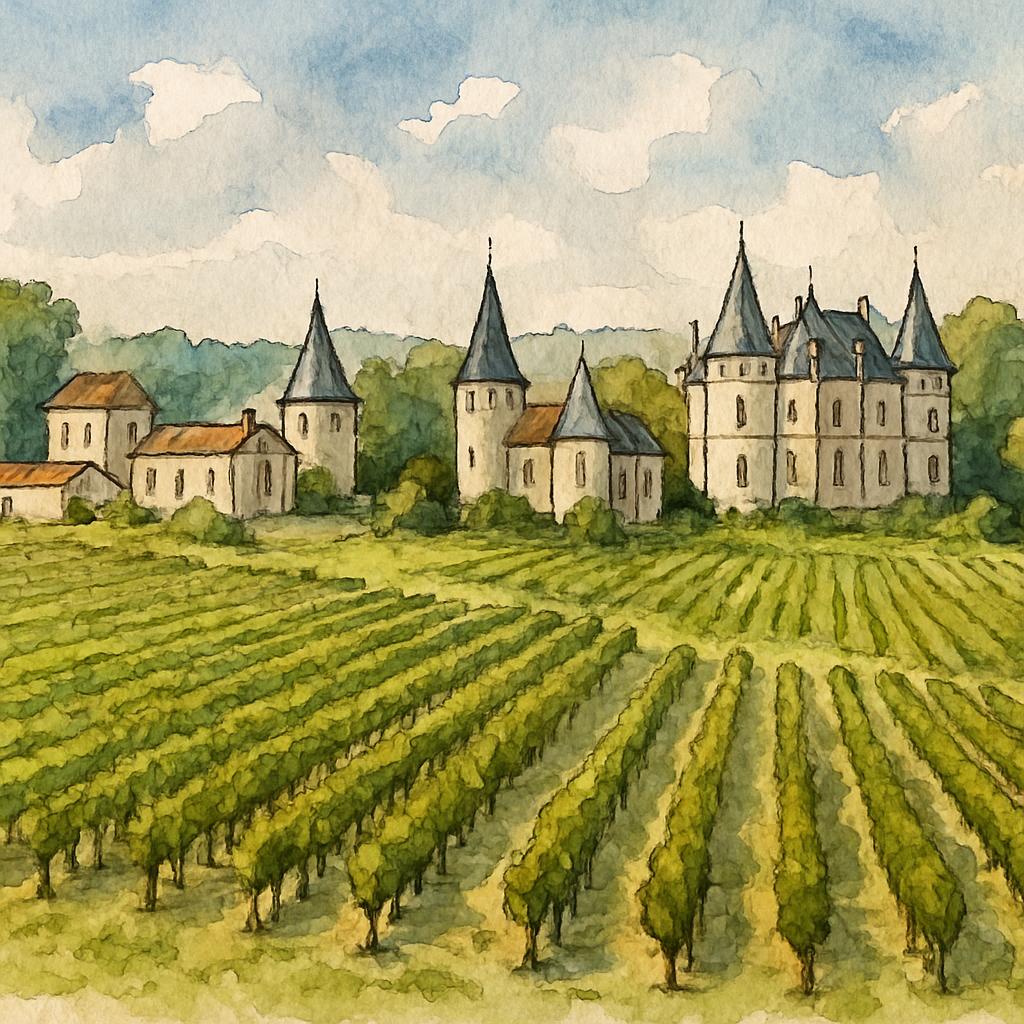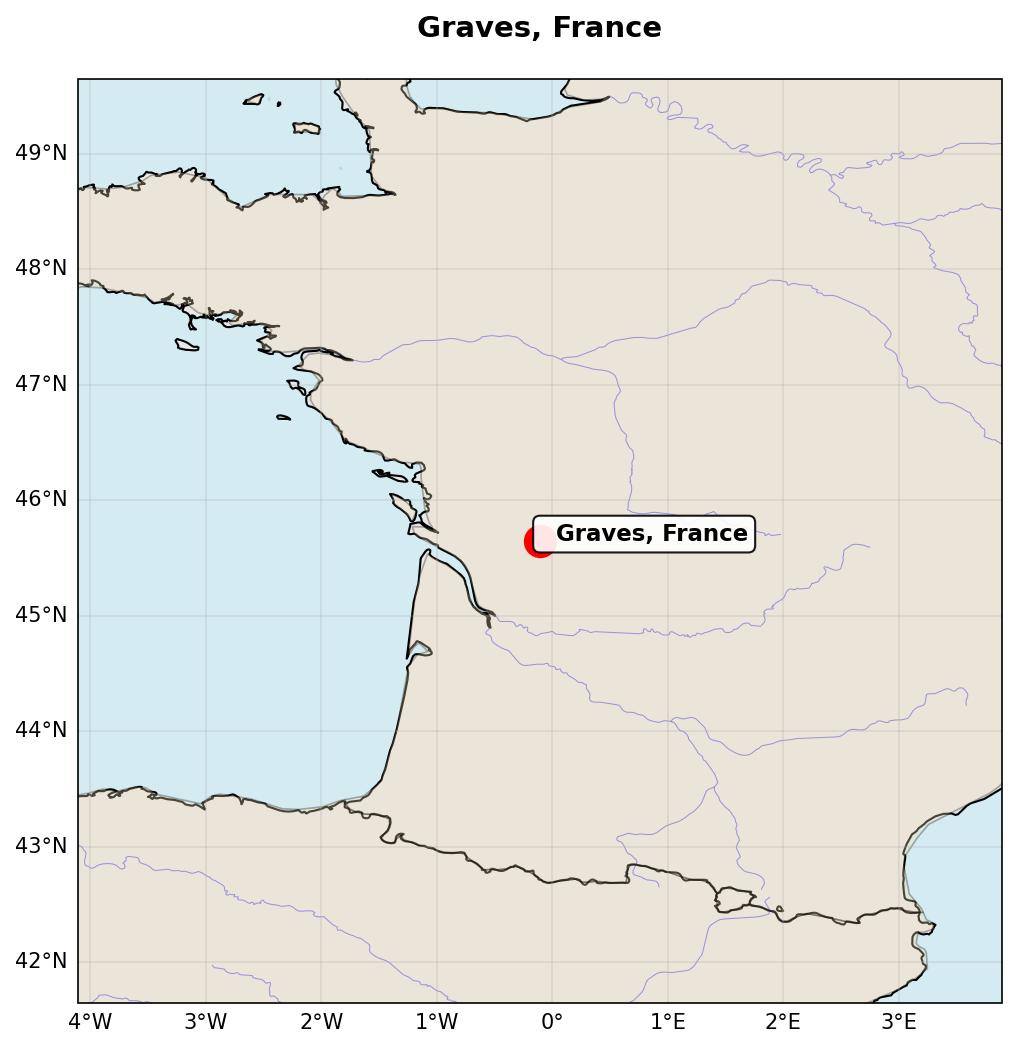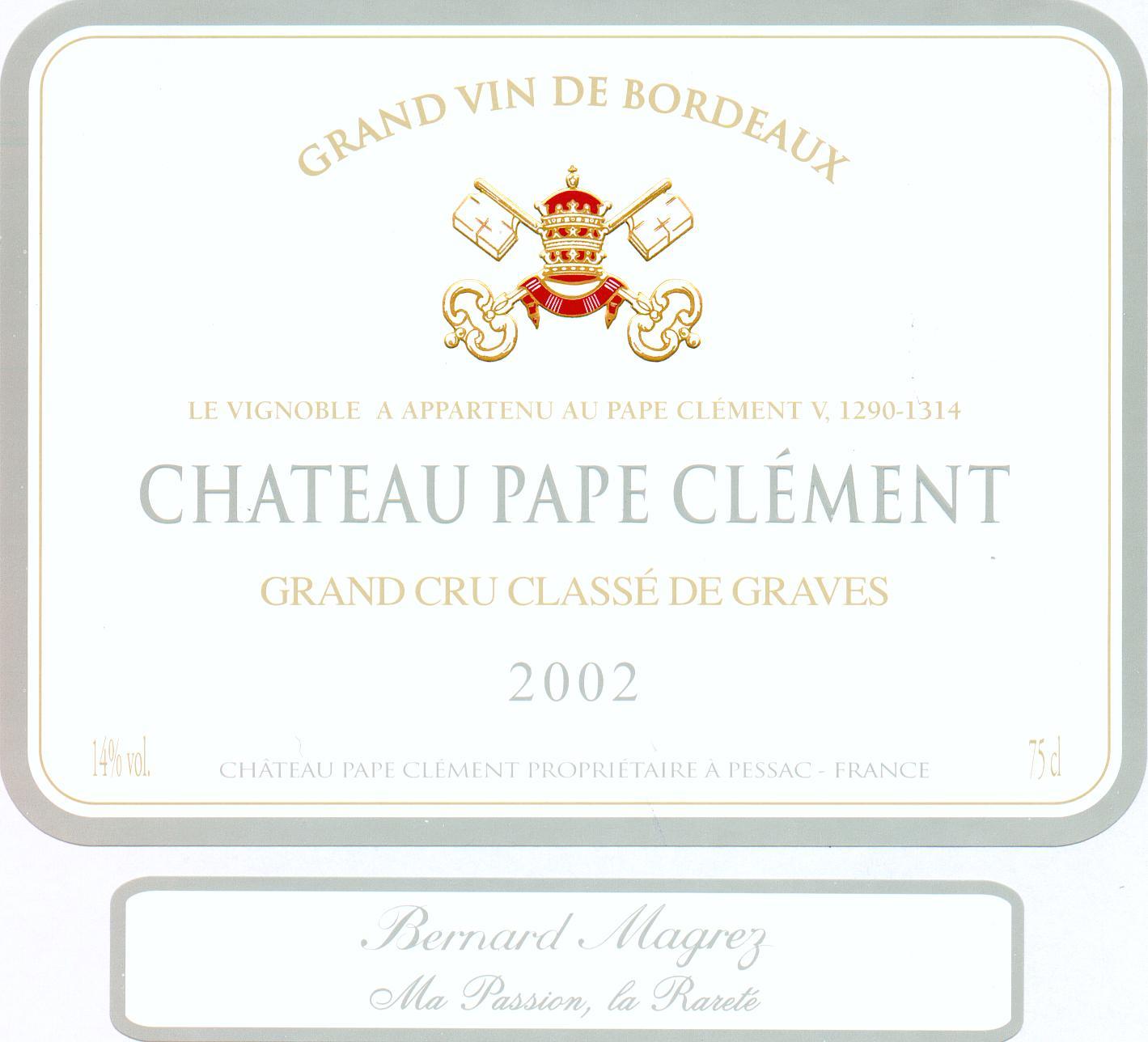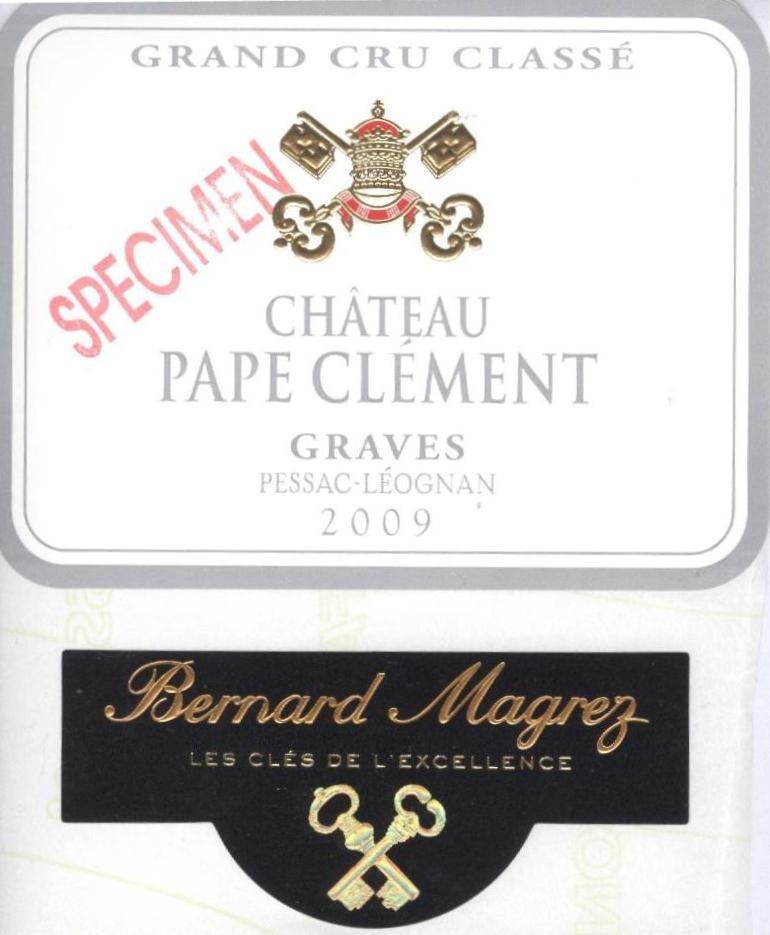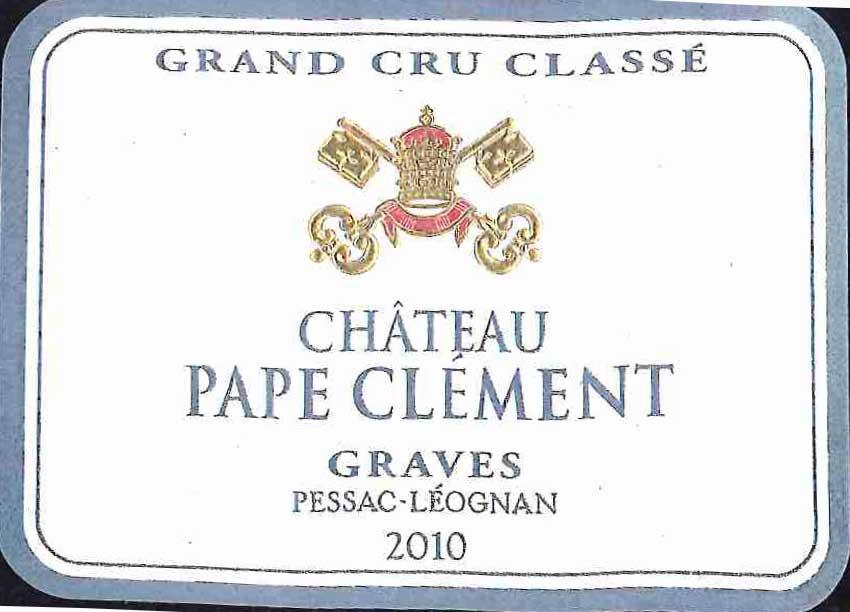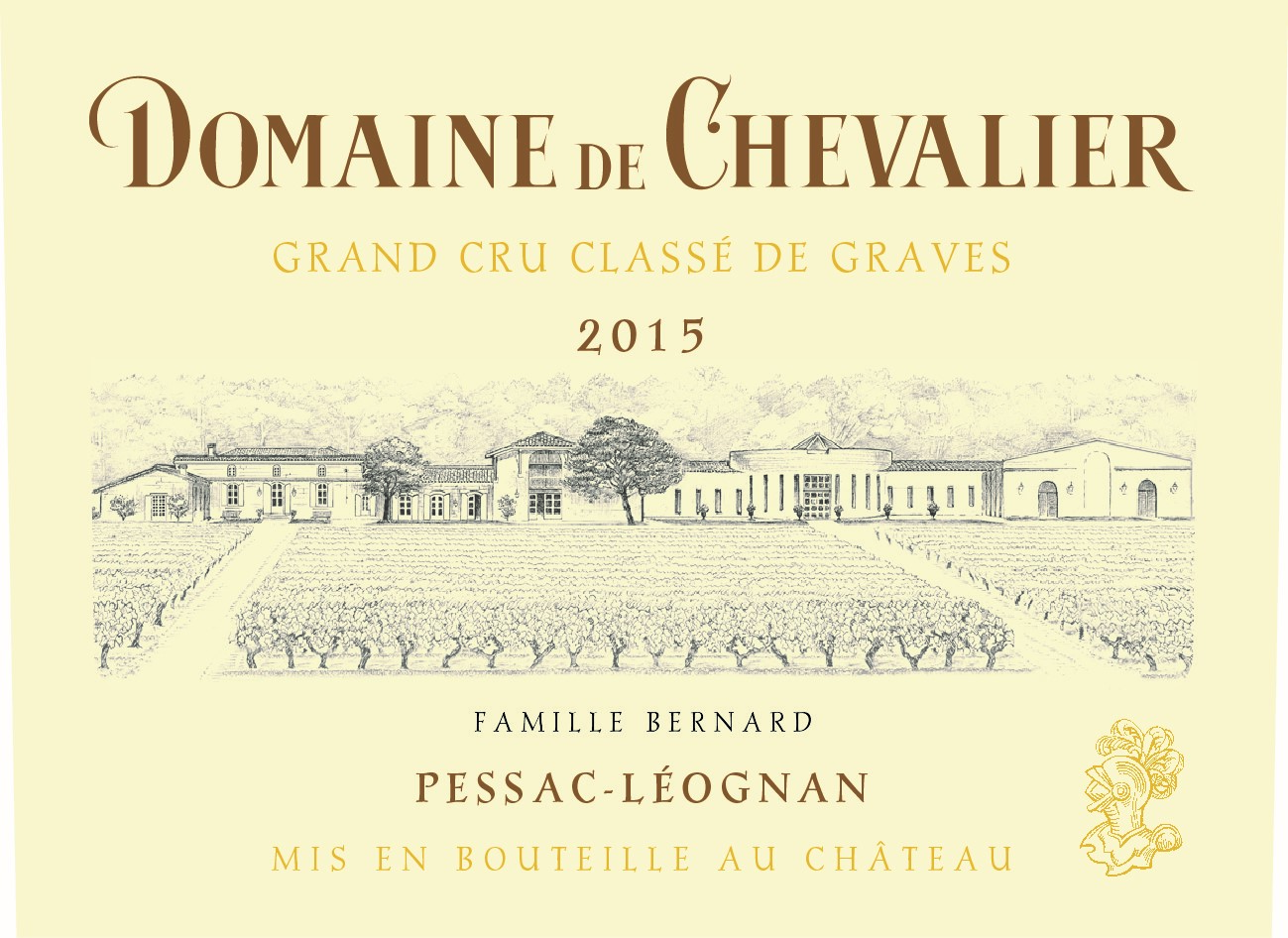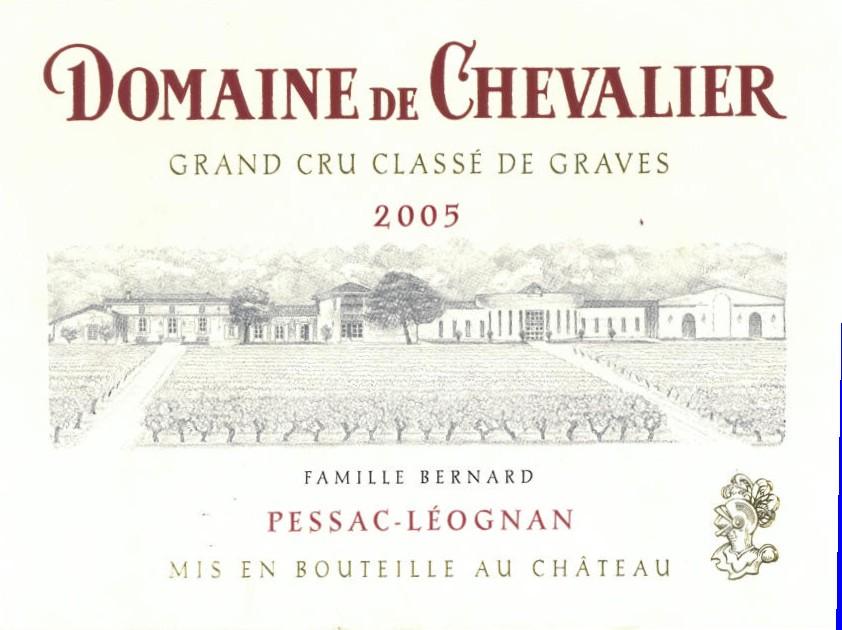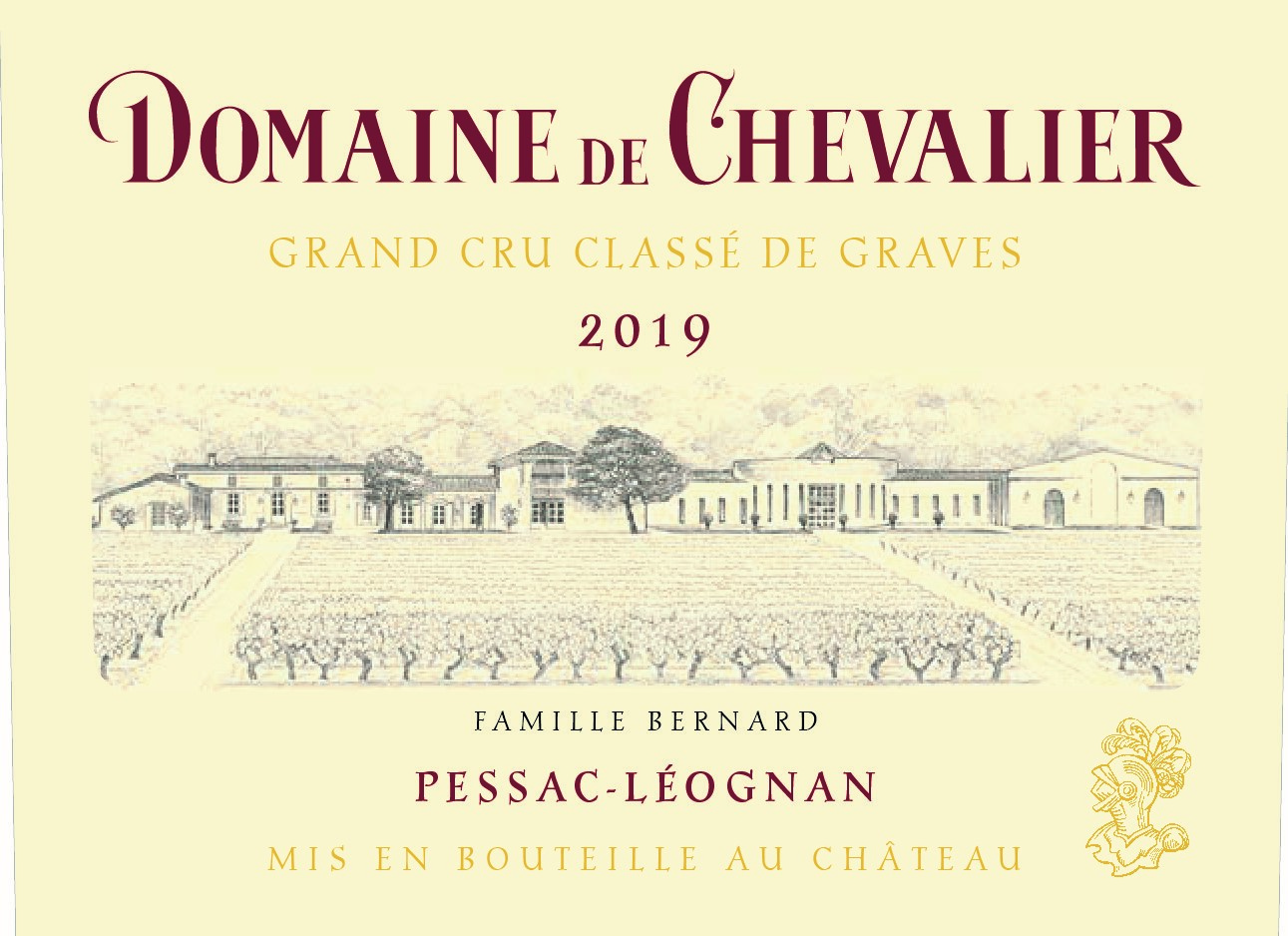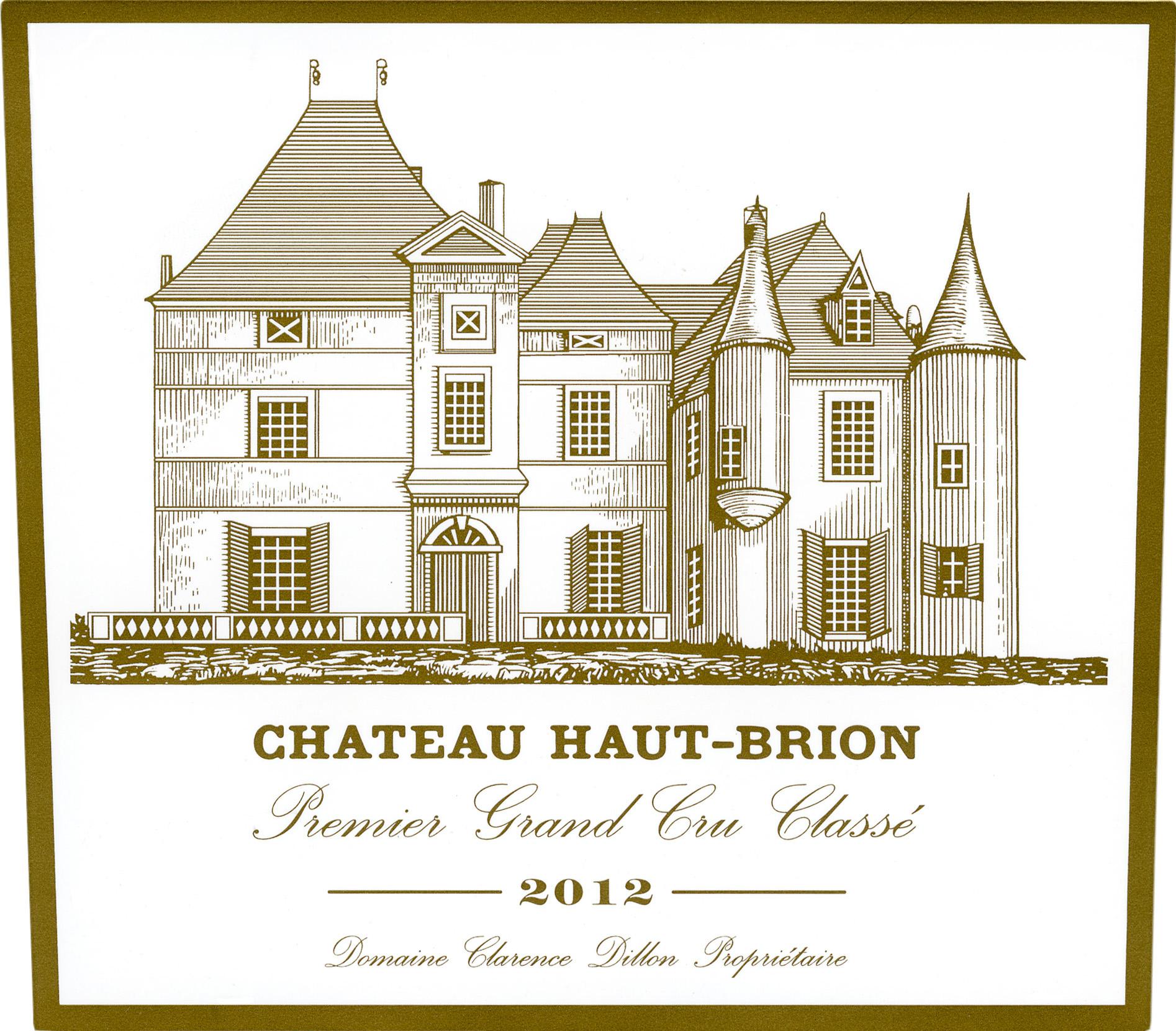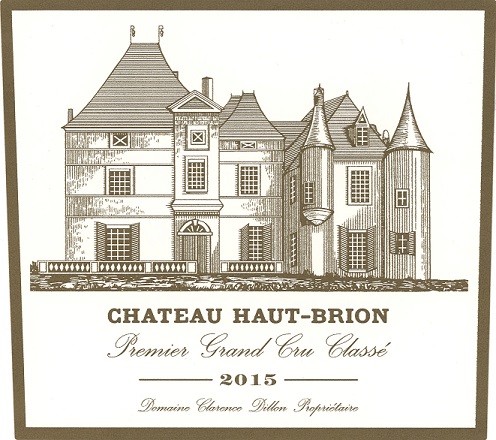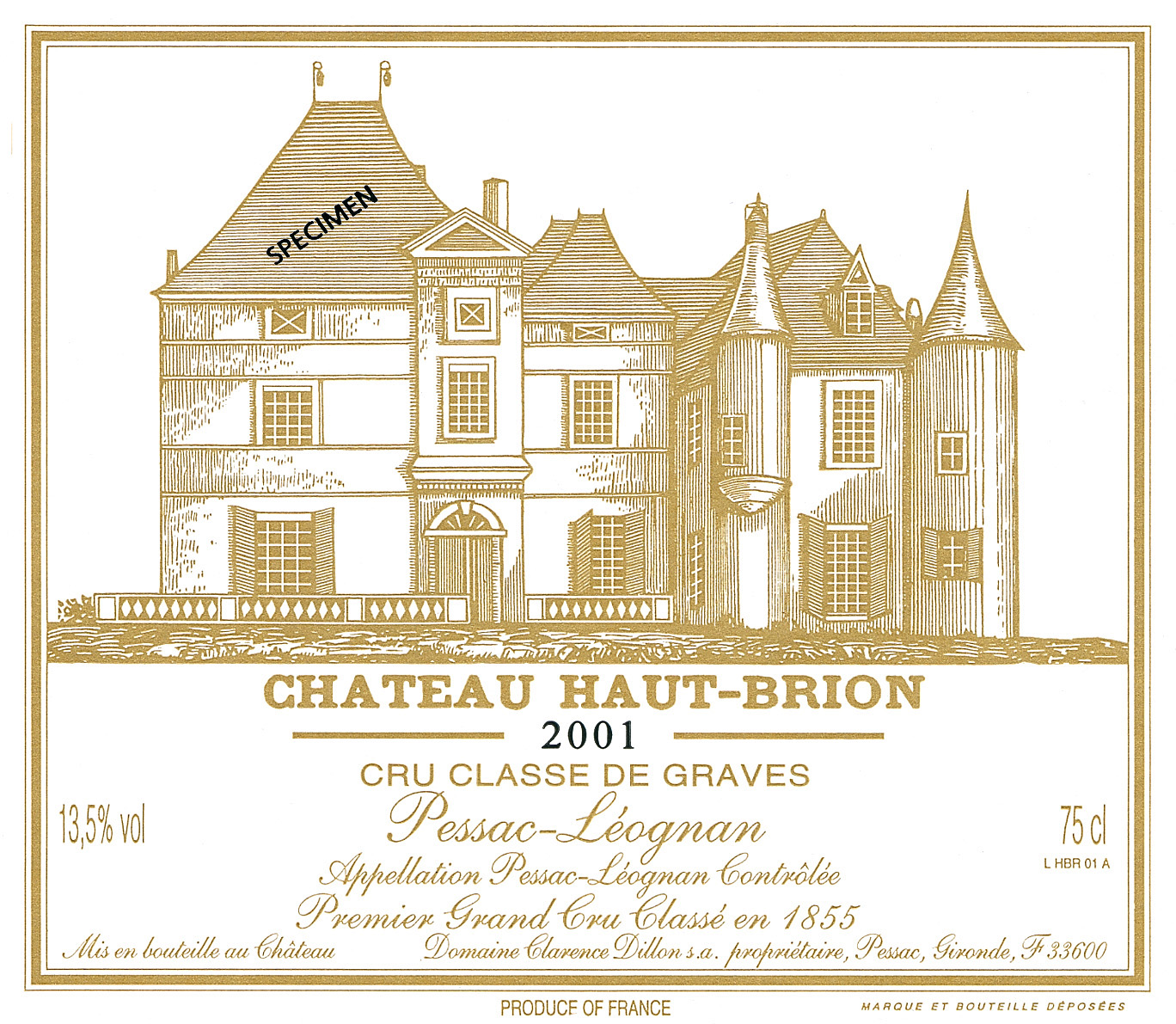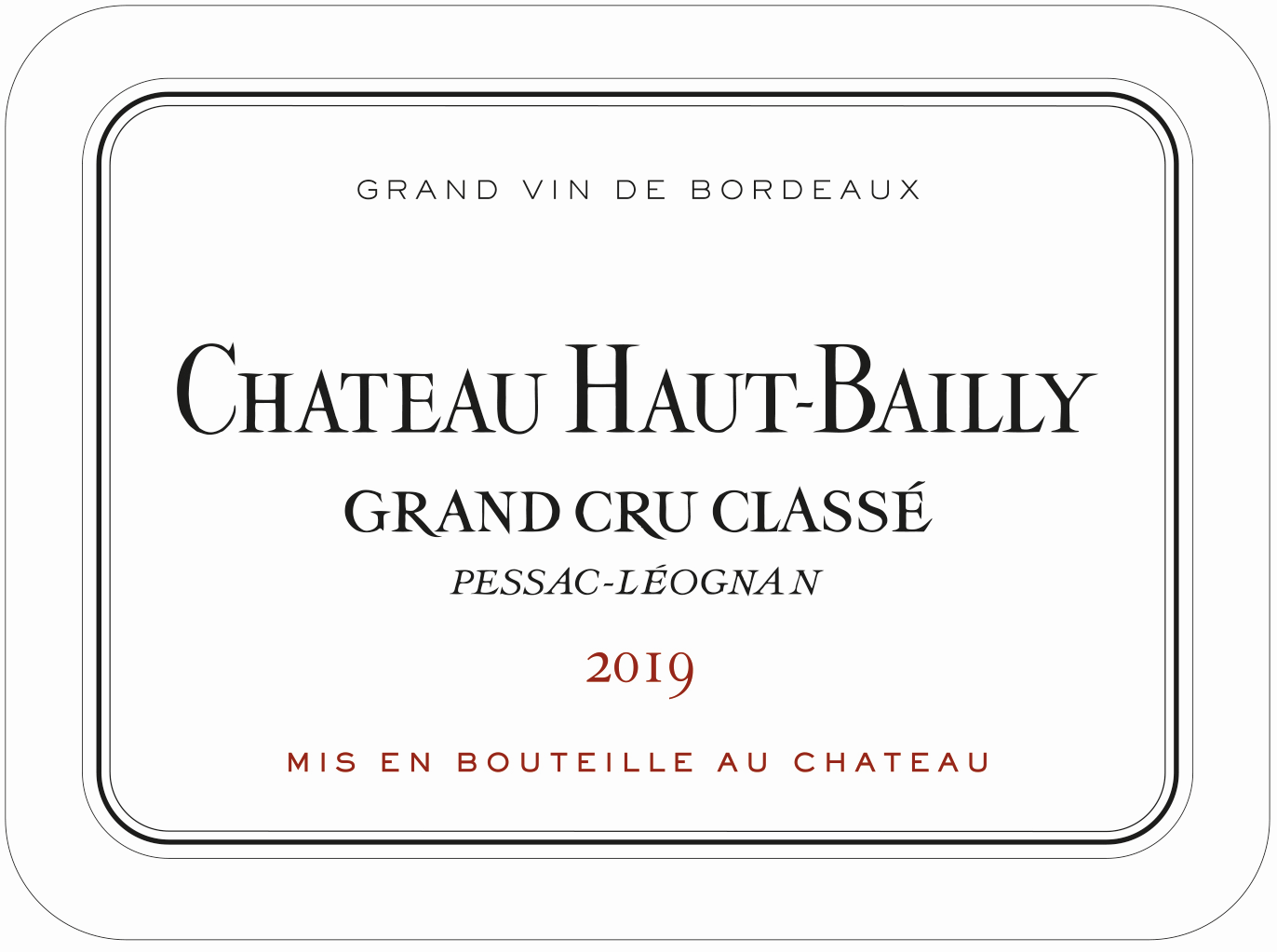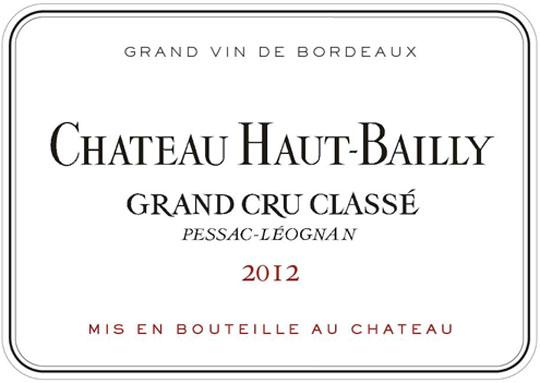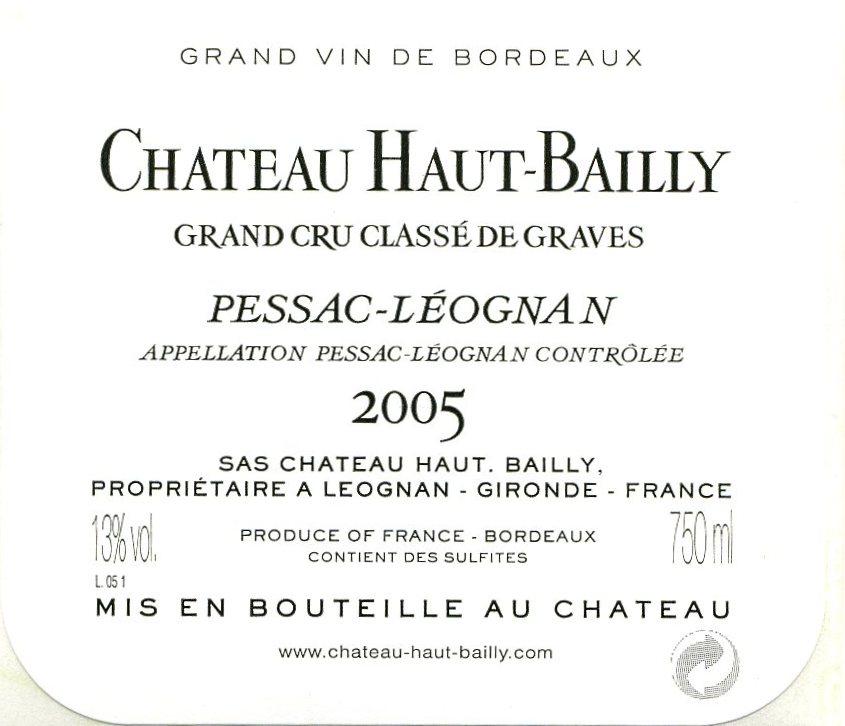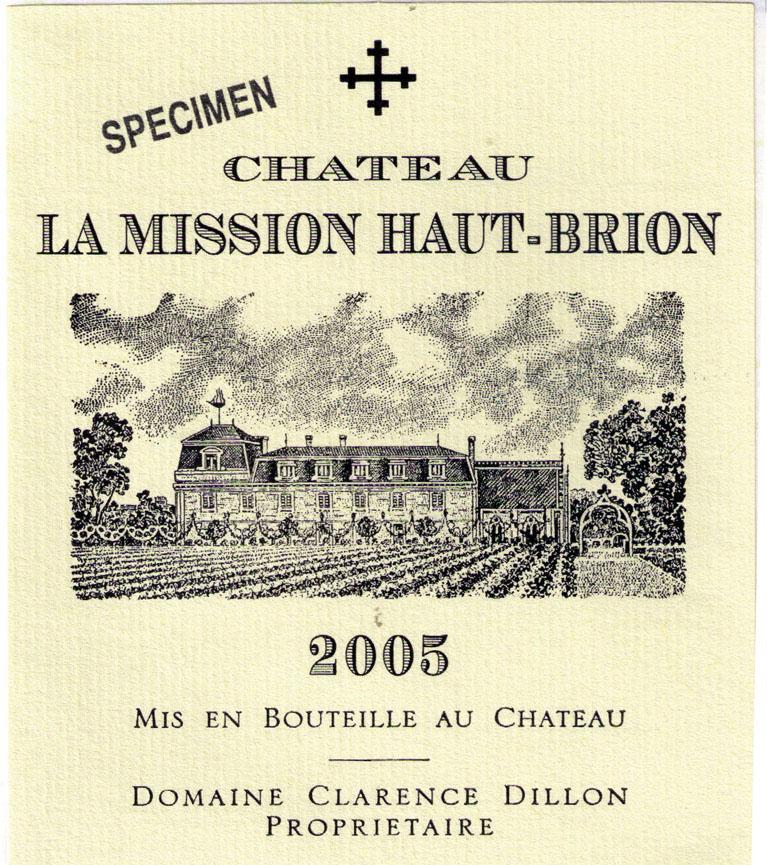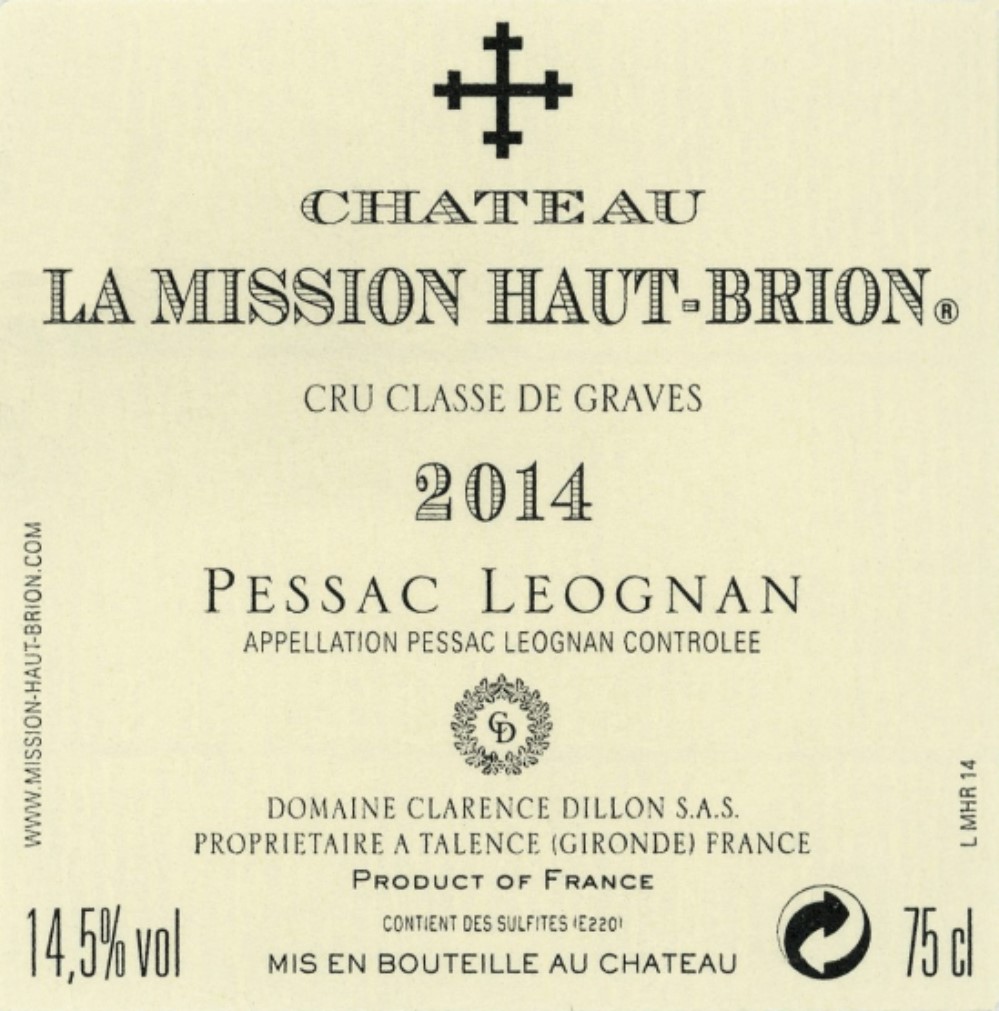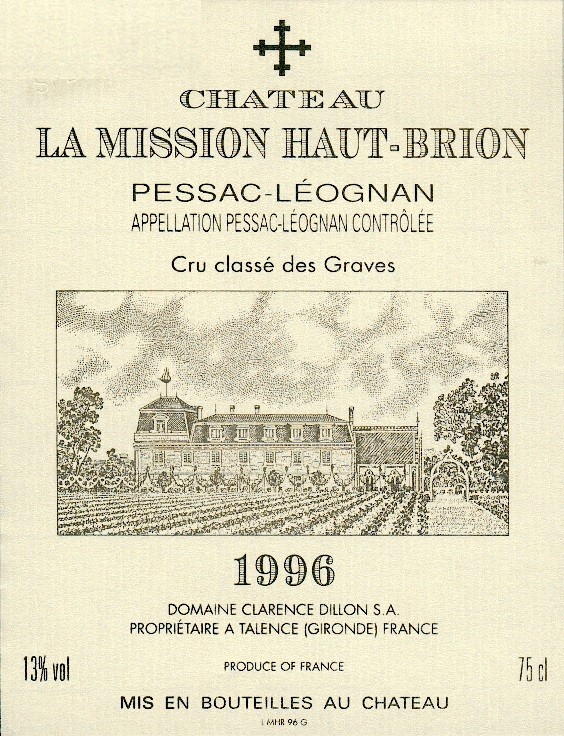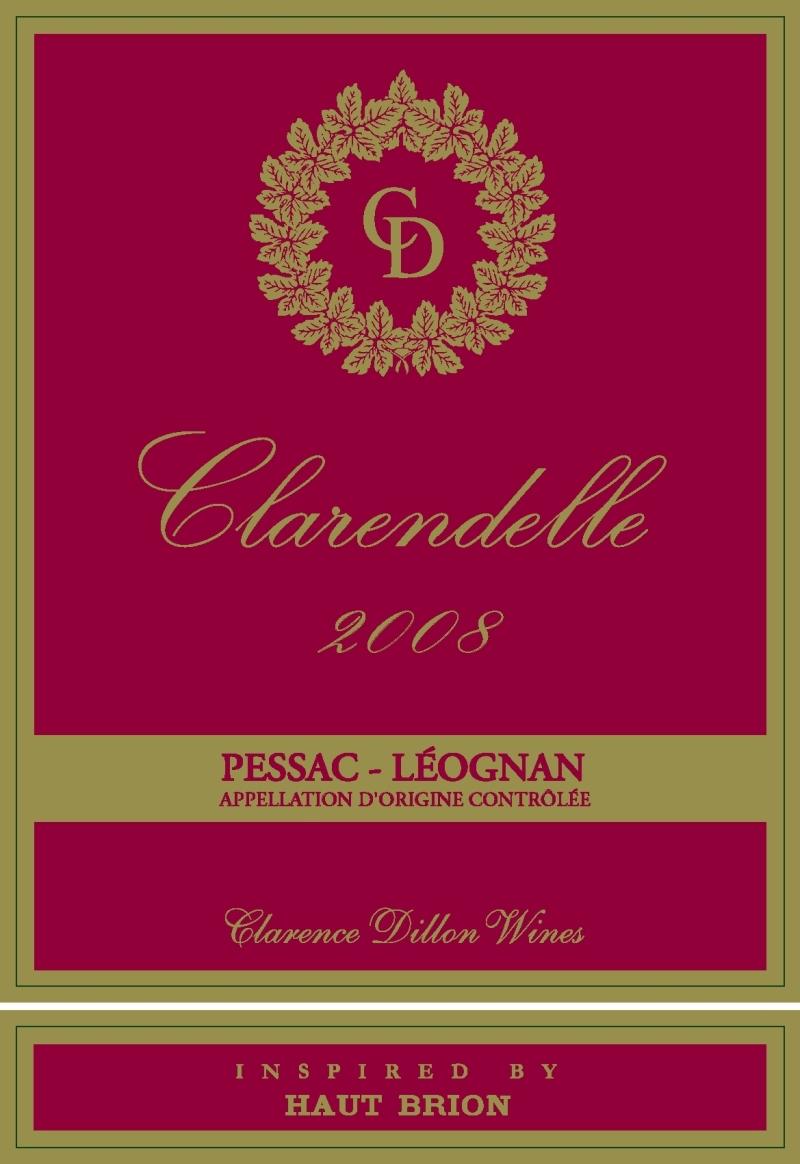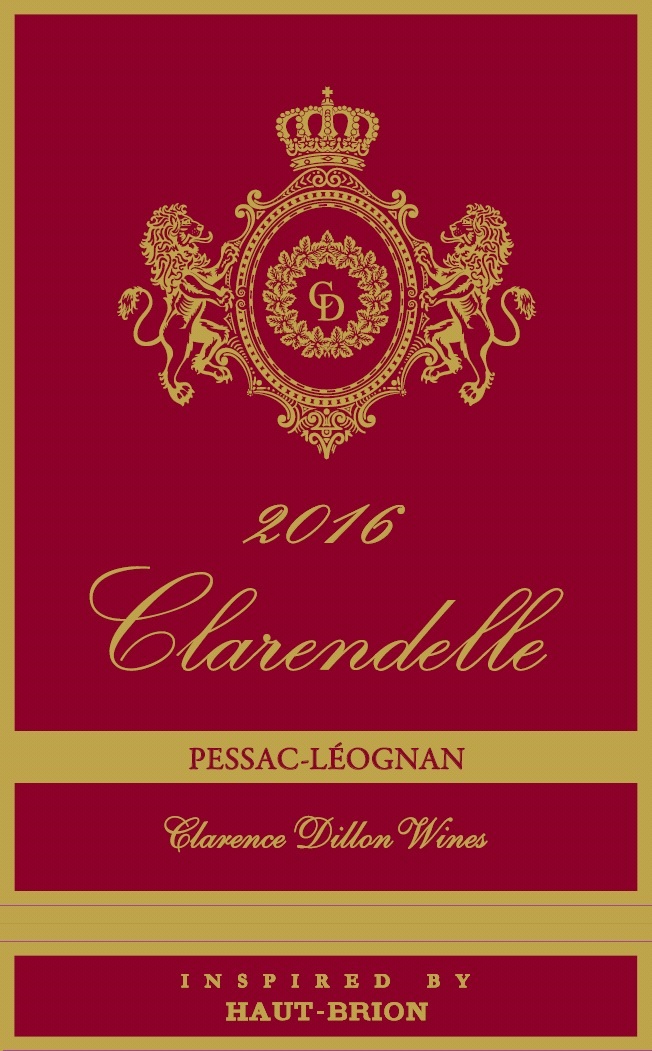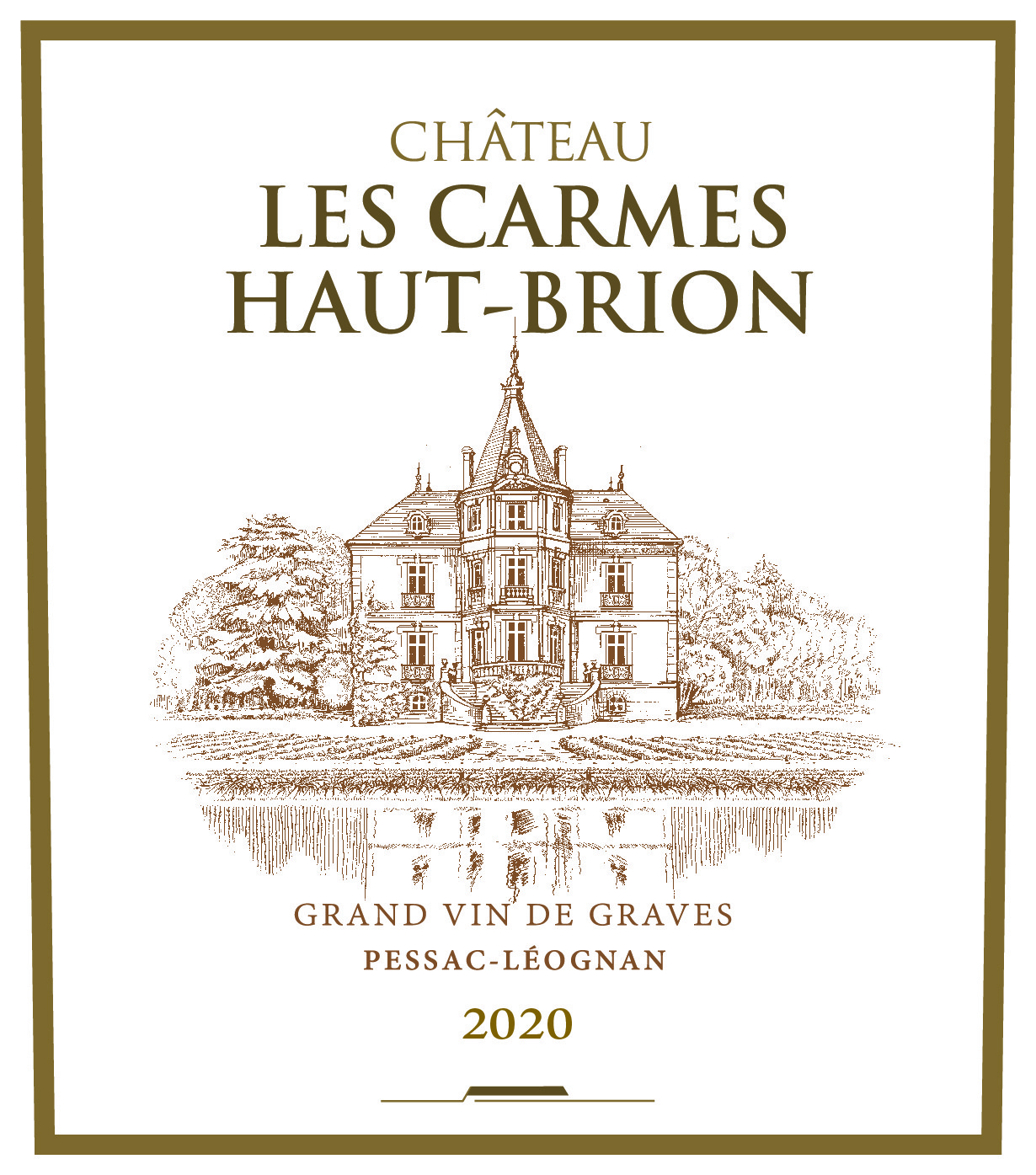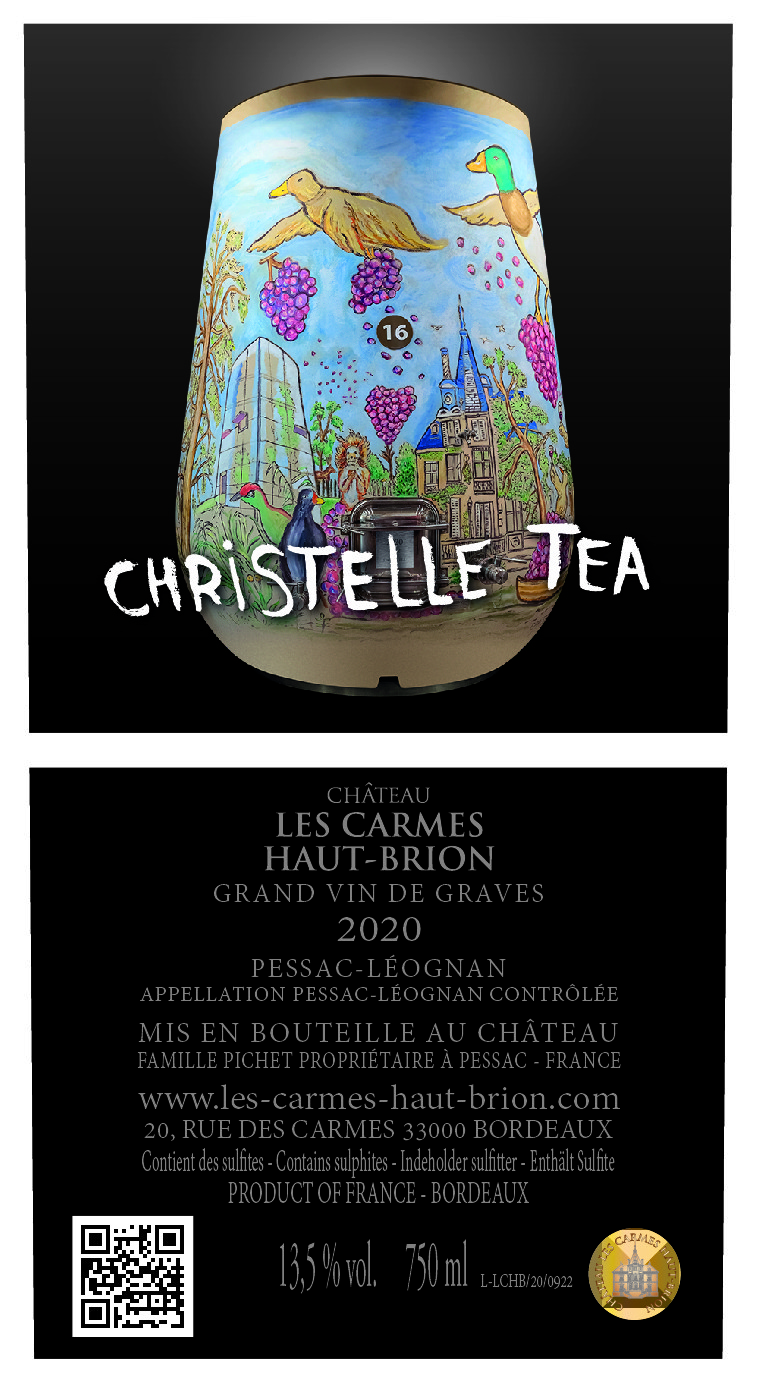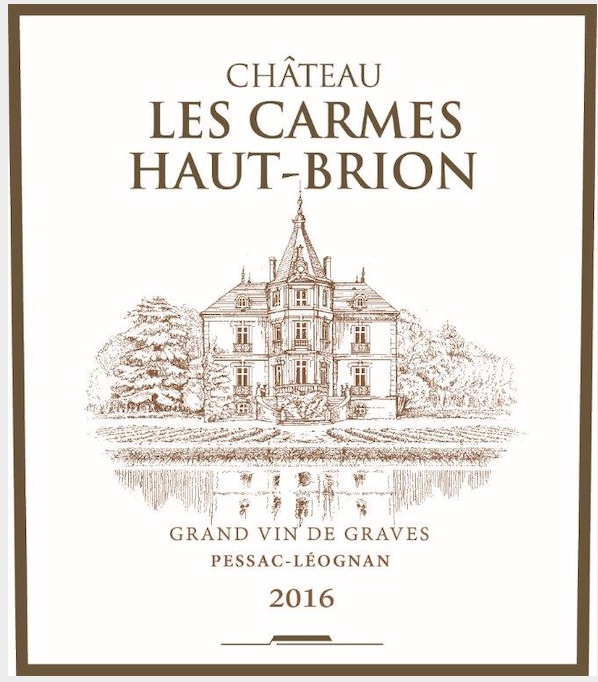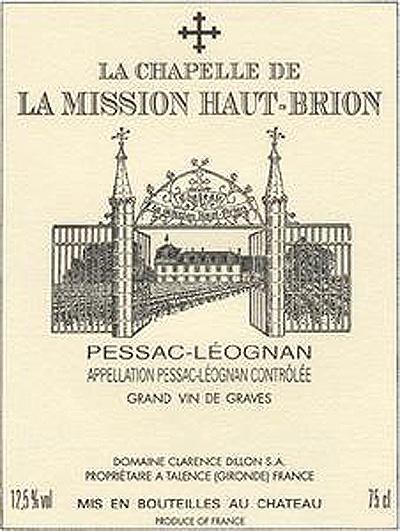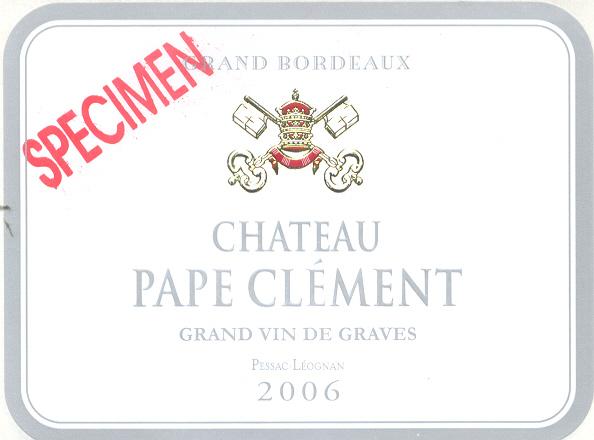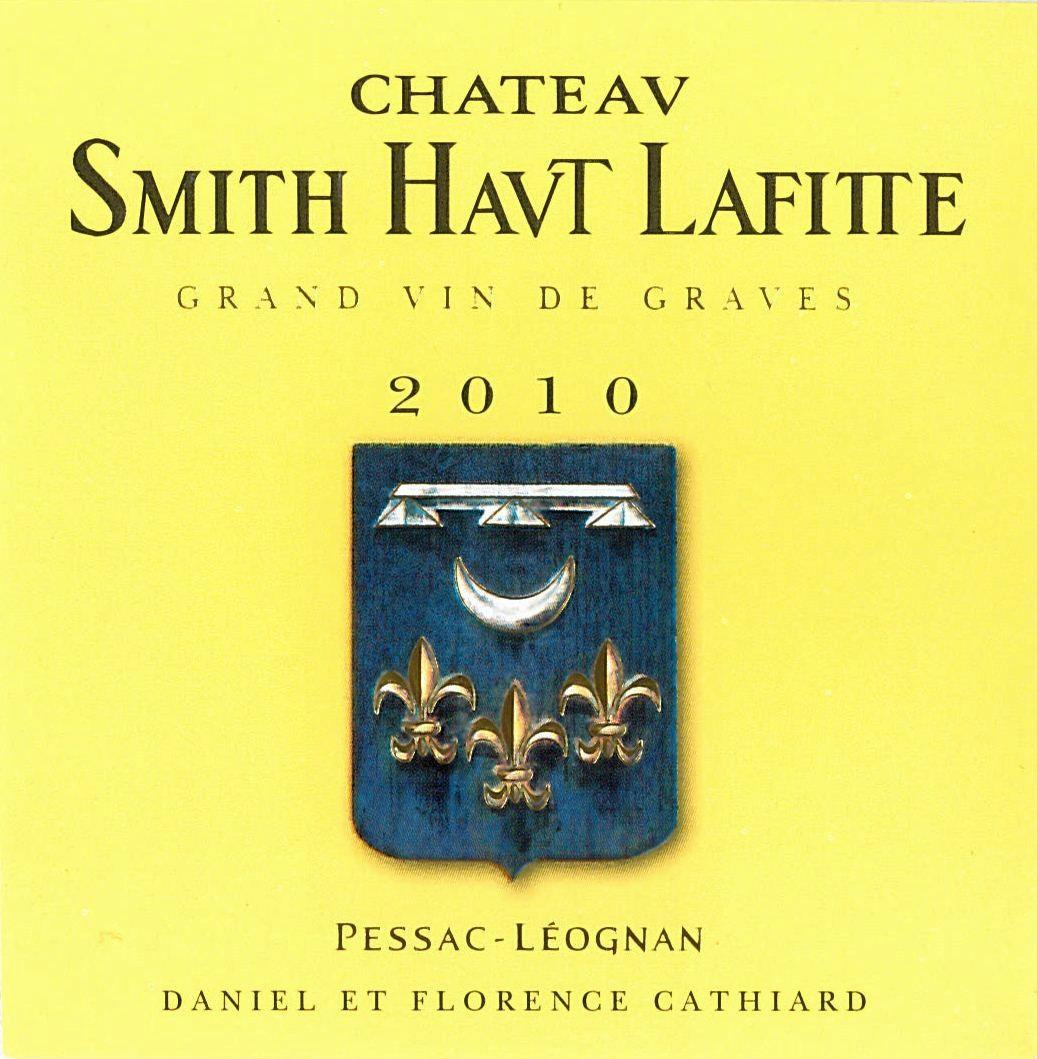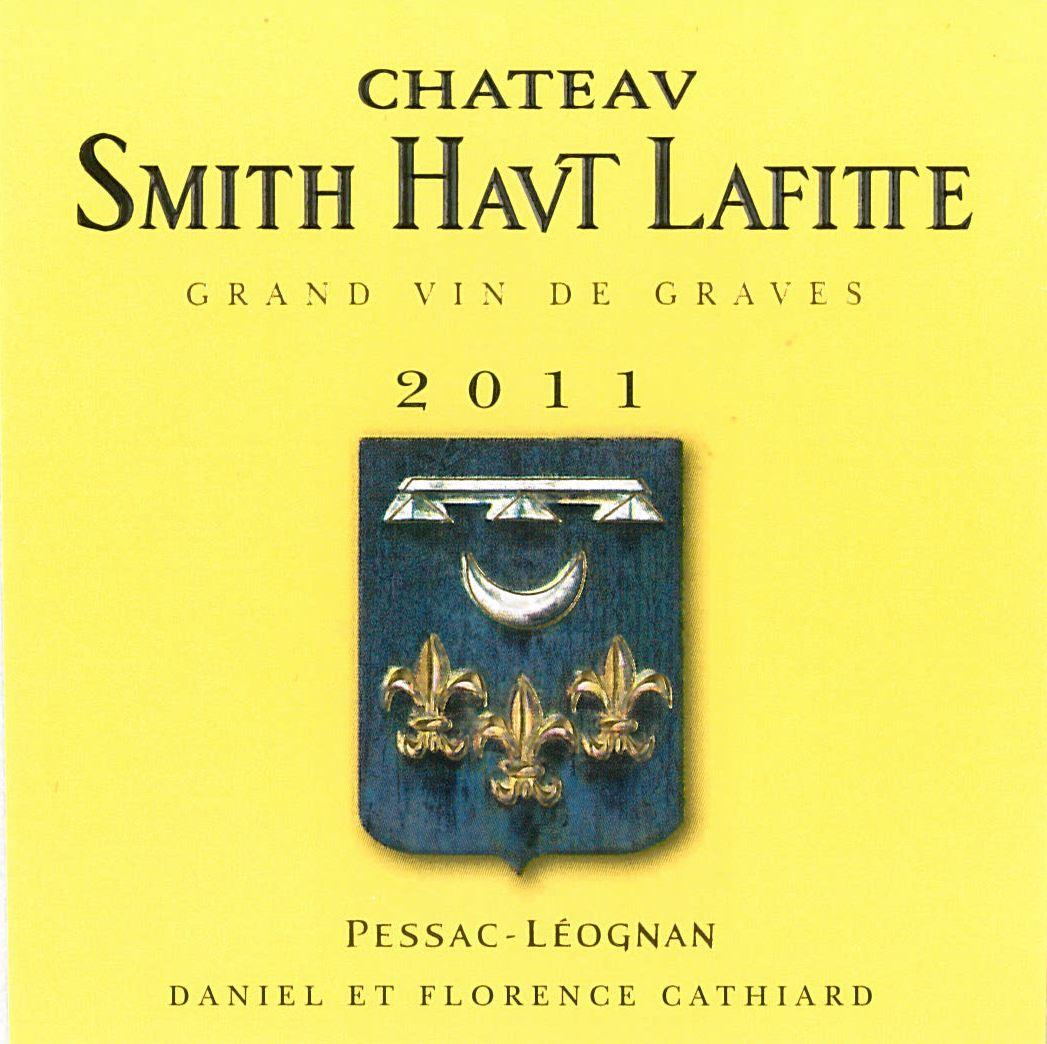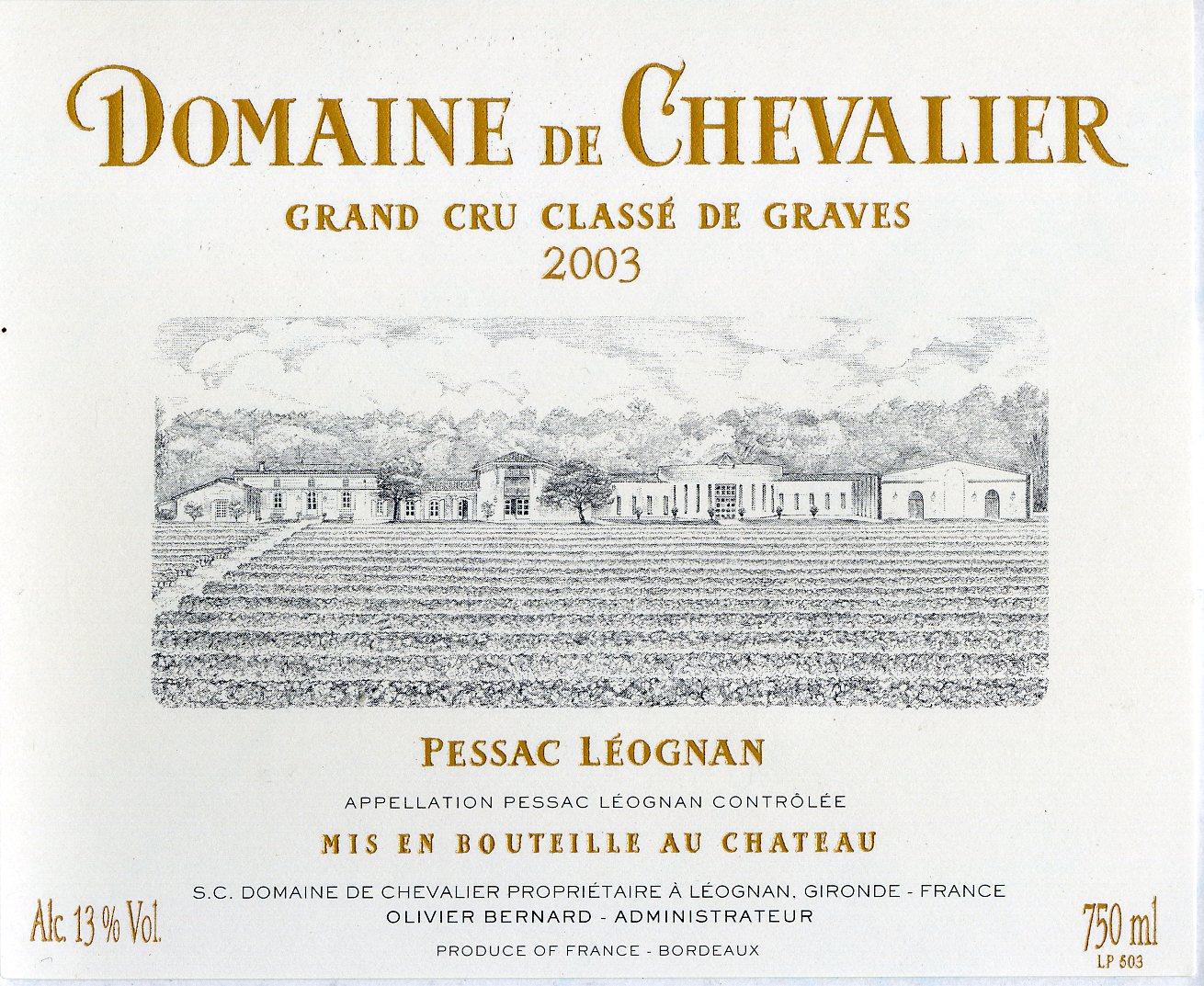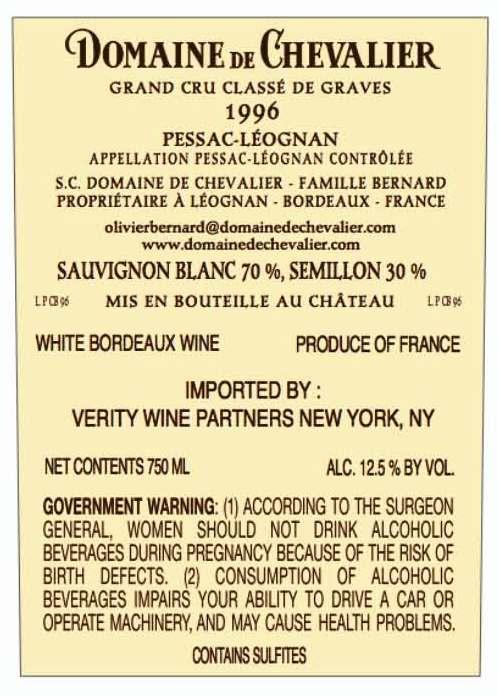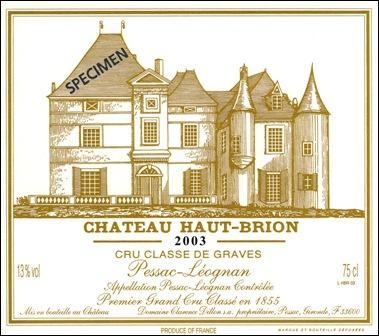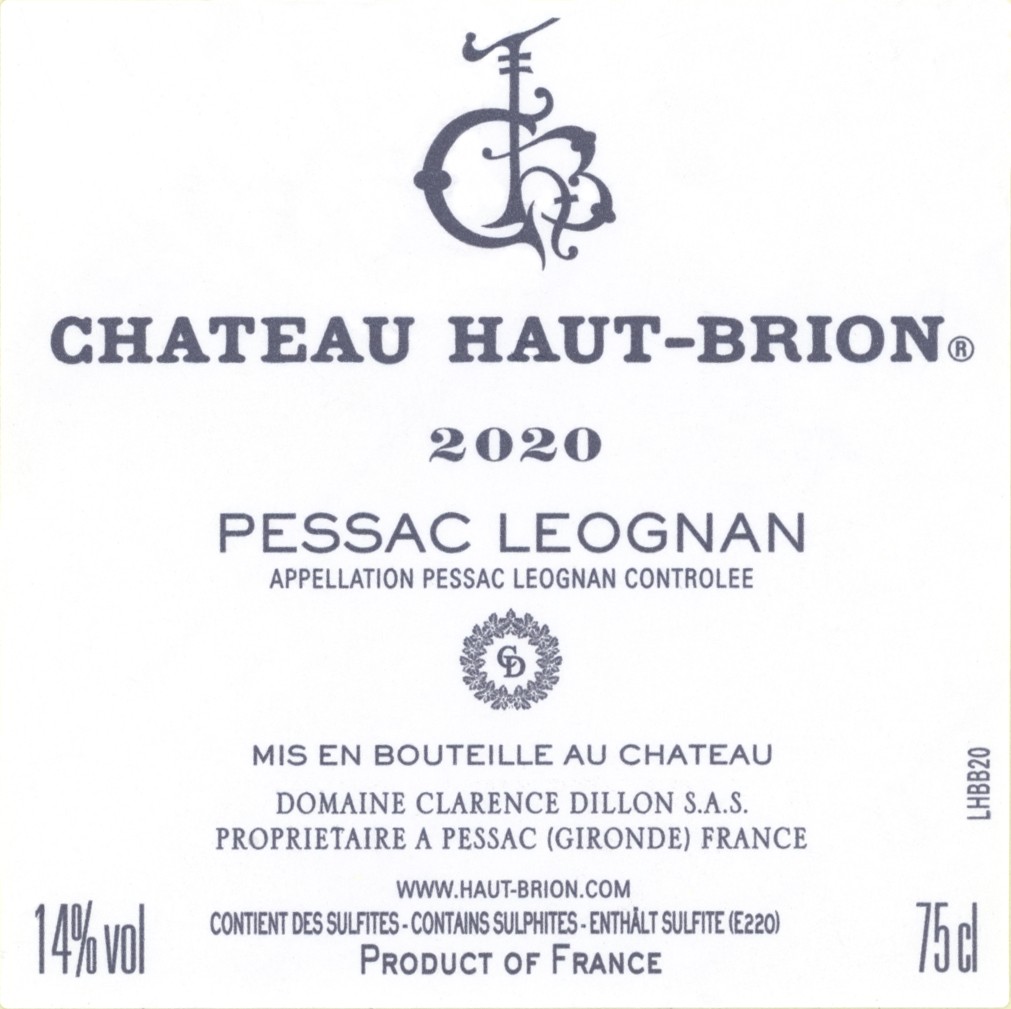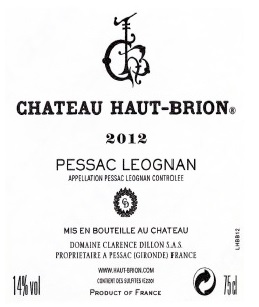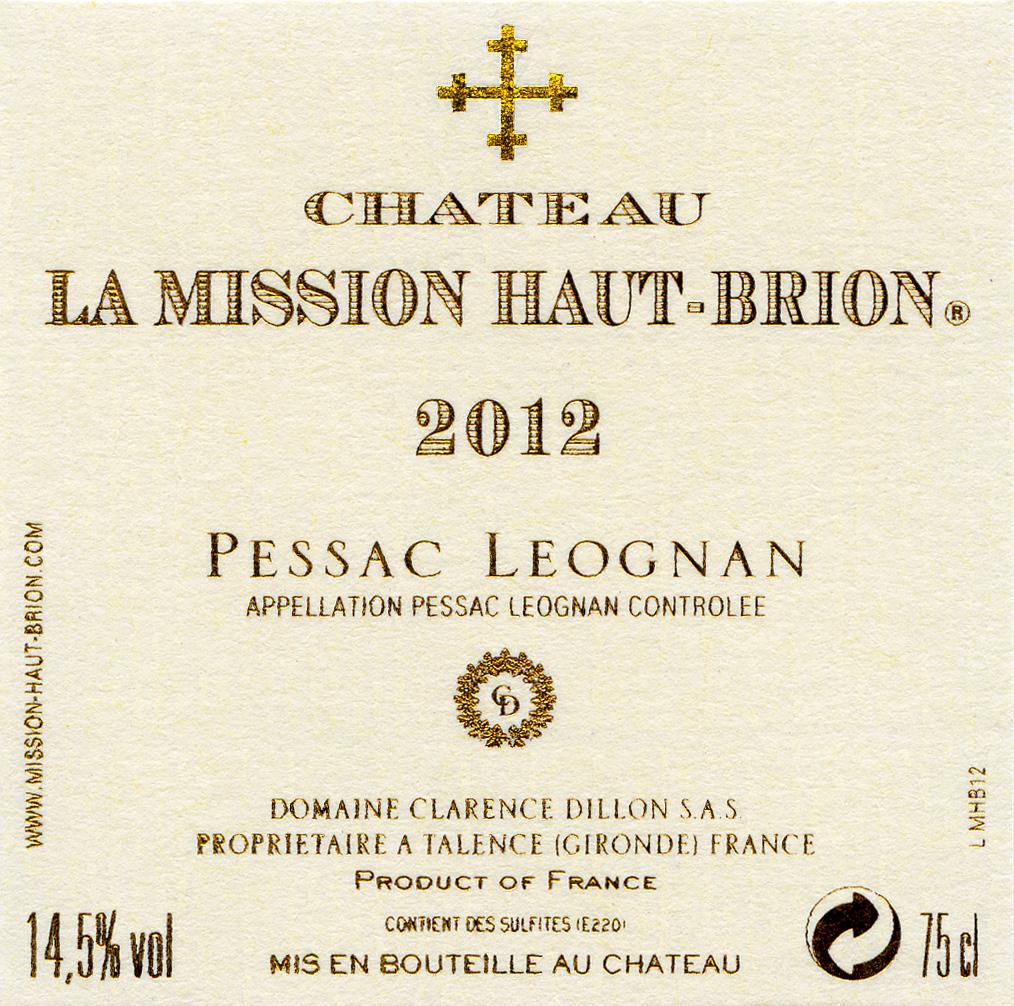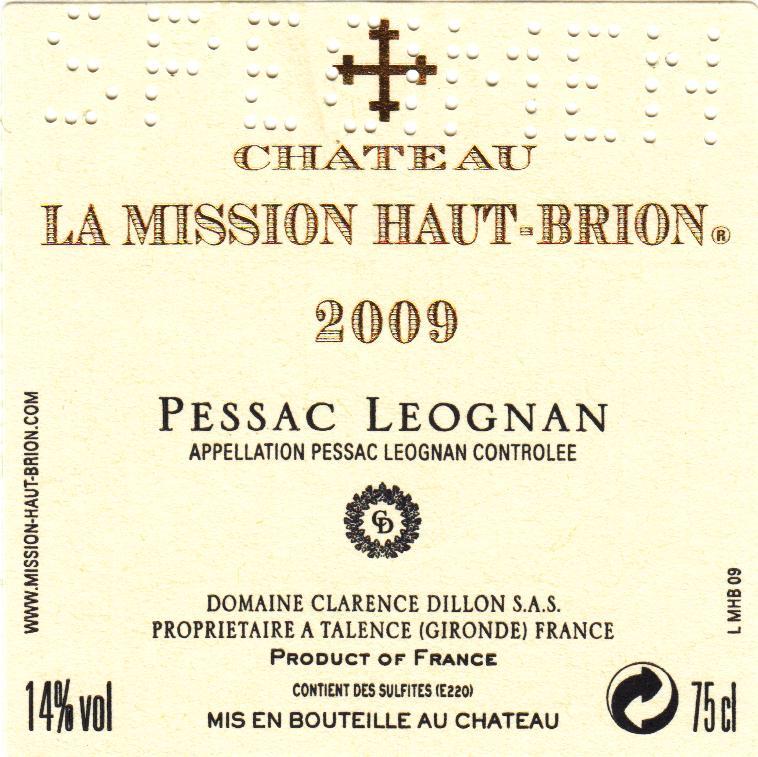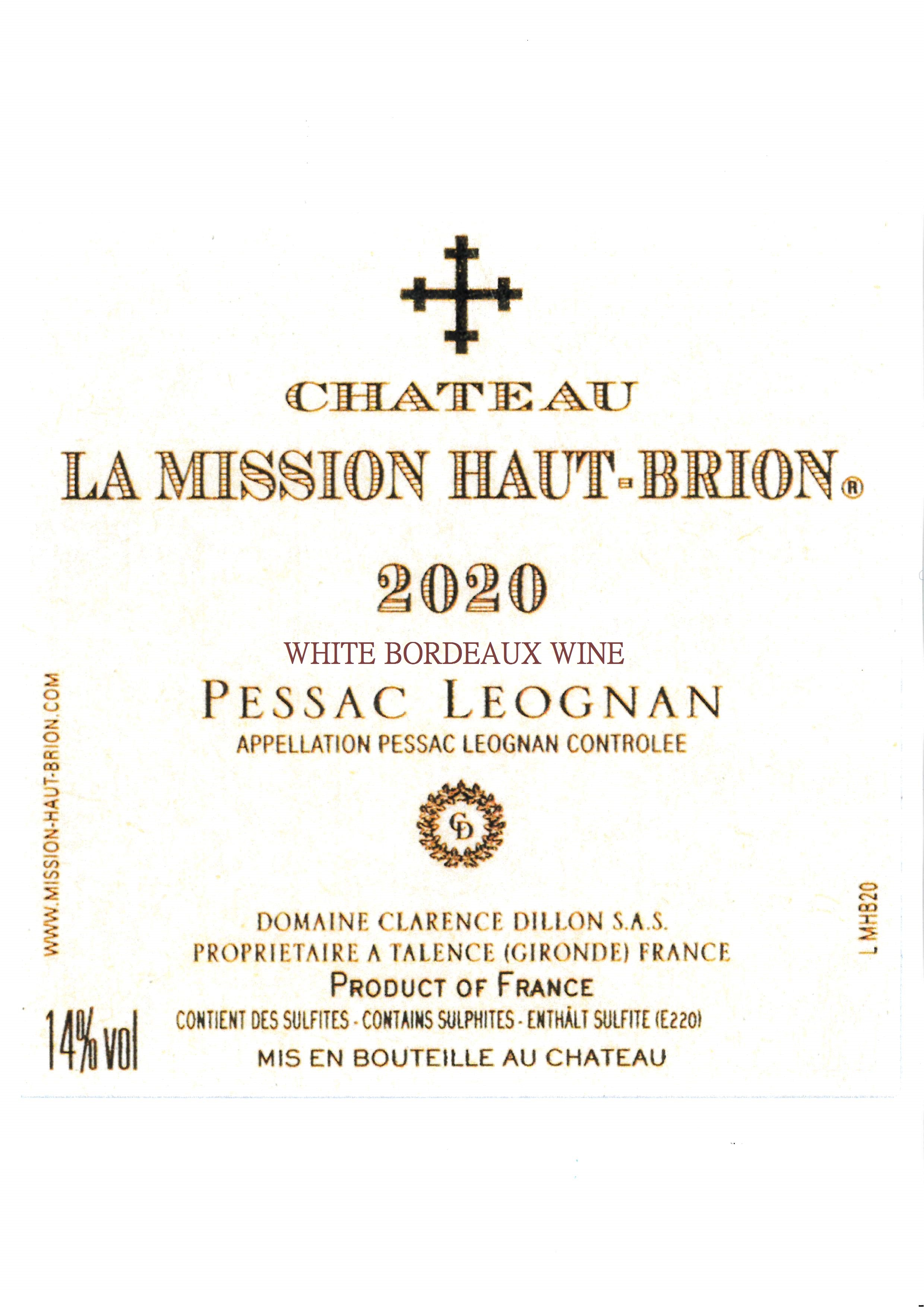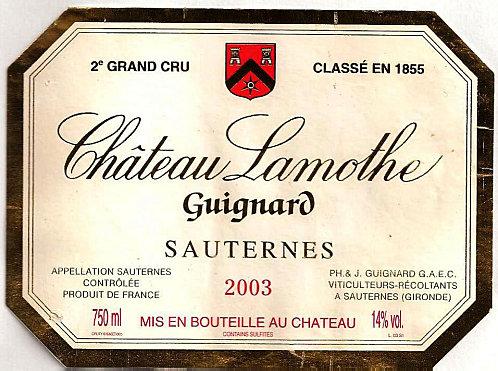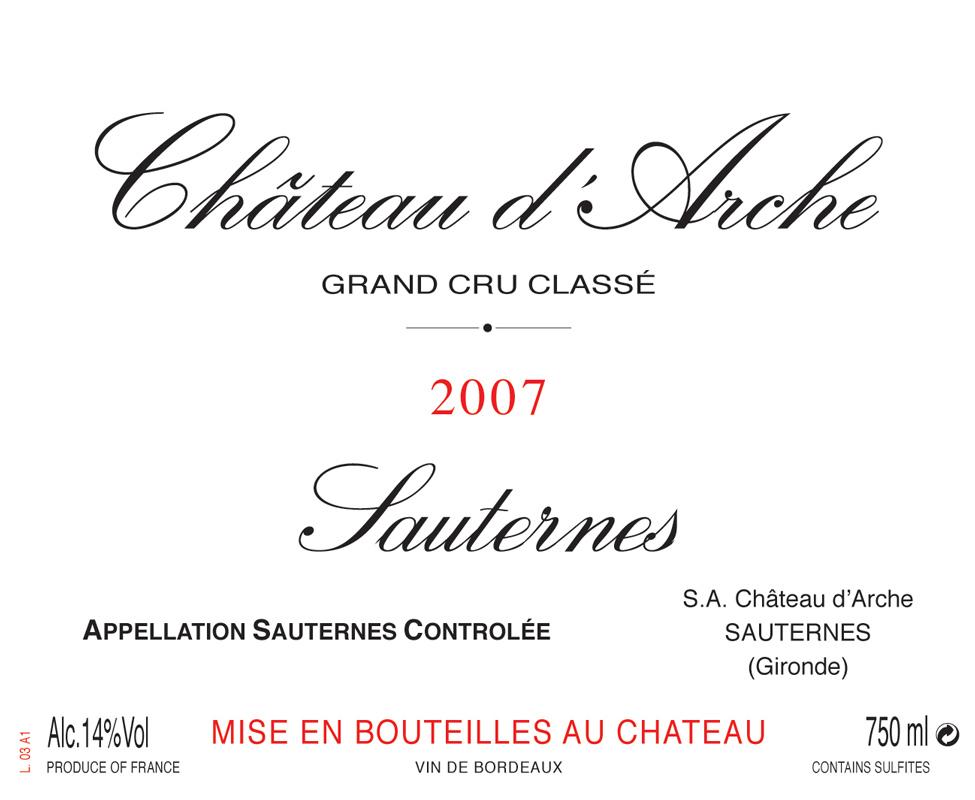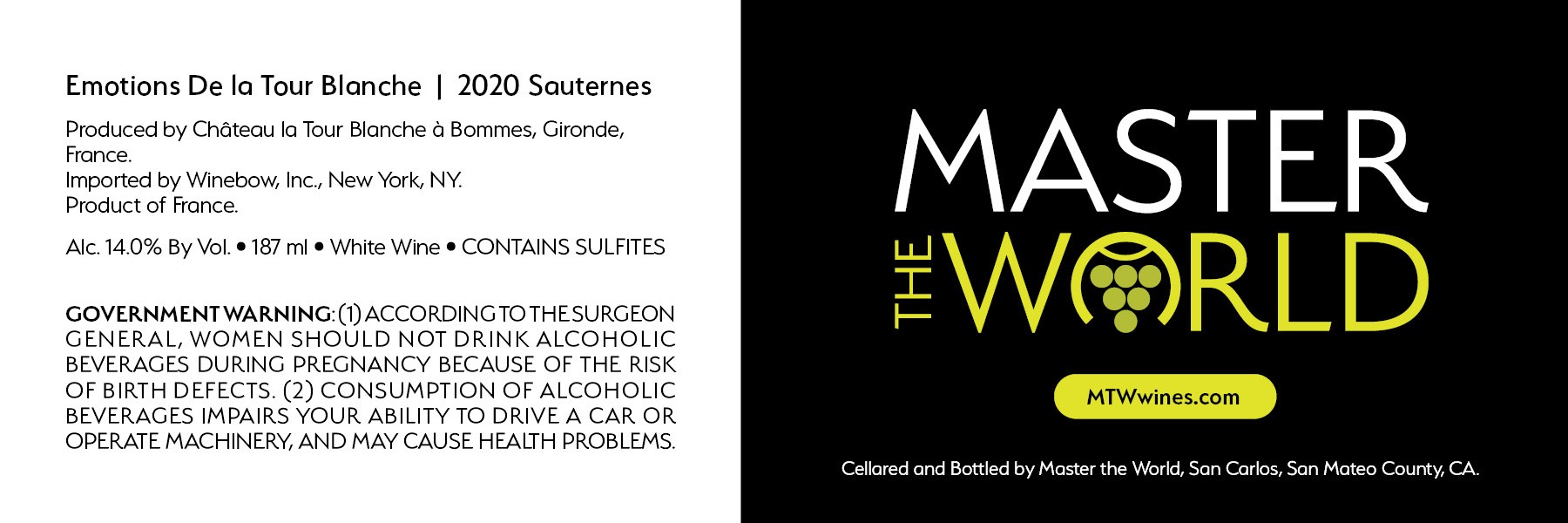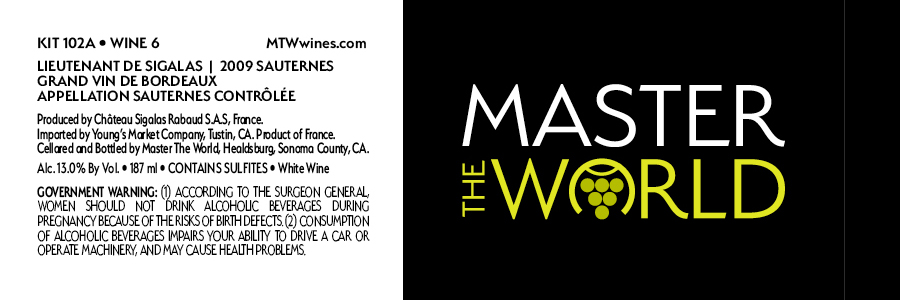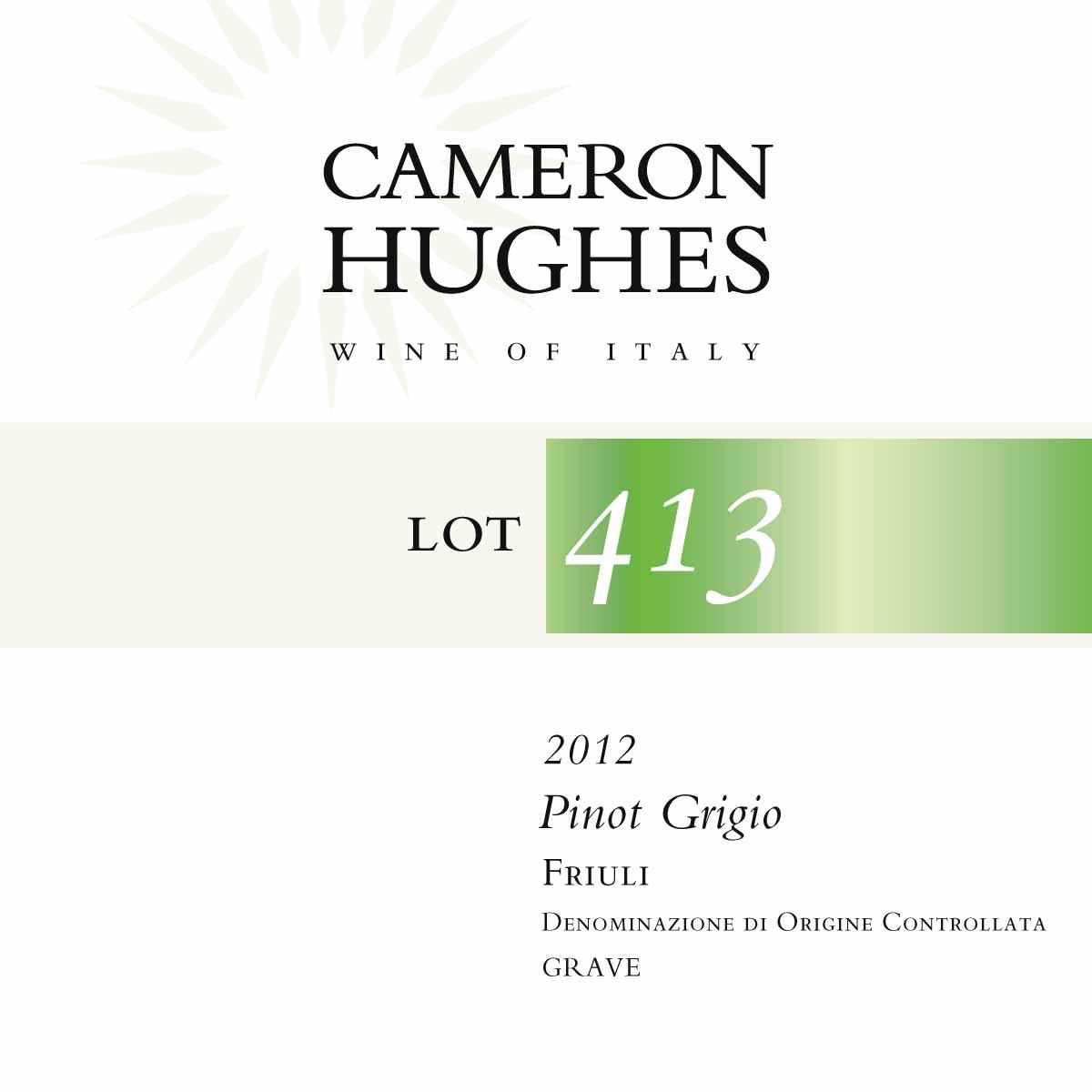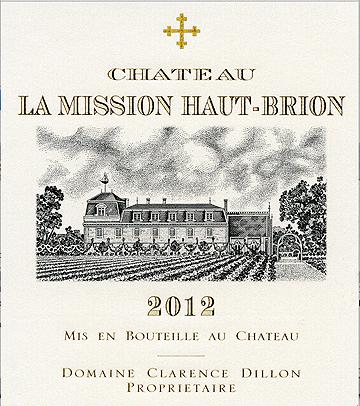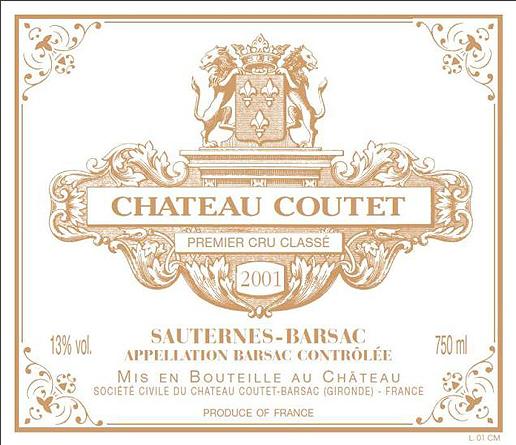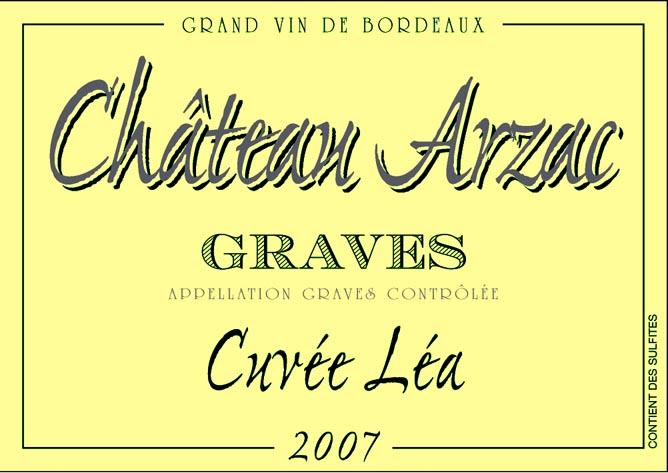Terroir of Graves
Graves features a unique terroir with gravelly soils enriched by flint and quartz, which define its character. Vineyards are situated on ancient river terraces, where gravel warms up quickly, aiding grape ripening. The underlying sand and clay retain moisture, giving the wines depth and minerality. In the northern Pessac-Léognan, thicker clay layers provide wines with additional body and aging potential.
The climate is mild and oceanic, influenced by the Atlantic and Garonne River, which help moderate temperatures. Winters are cool with little frost, and summers are warm but not extreme, with annual rainfall between 800 and 950 mm.
Sunshine ensures steady grape ripening, while cooler river nights help maintain acidity. The surrounding forests and river create microclimates, with some areas ripening earlier or being more sheltered, contributing to the complex yet intense style characteristic of Bordeaux.
Notable Wineries in Graves
The Graves region of Bordeaux, particularly Pessac-Léognan, is renowned for its legendary estates that produce both red and white wines of exceptional quality. Notable wineries include:
-
Château Haut-Brion: An iconic estate known for complex, smoky reds and rare, long-lasting whites.
-
Château La Mission Haut-Brion: Famous for powerful yet elegant reds and exceptional whites.
-
Château Pape Clément: One of Bordeaux's oldest estates, recognized for its structured reds and exquisite whites.
-
Château Smith Haut Lafitte: Known for rich reds and lively whites, with innovative techniques.
-
Château Carbonnieux: A historic estate producing classic reds and barrel-fermented whites.
These estates, alongside others like Domaine de Chevalier and Château Malartic-Lagravière, contribute to Graves' esteemed reputation for producing wines that reflect the region's unique terroir.
Sustainable Winemaking in Graves
In Graves, sustainability is at the heart of winemaking, with producers committed to protecting the environment. Integrated viticulture is common, with efforts to reduce synthetic inputs and promote biodiversity through cover crops. The region is seeing a rise in organic and biodynamic practices, with many vineyards earning certifications like HVE and Terra Vitis.
Water use is carefully managed, with irrigation restricted to specific conditions, while solar energy and energy-efficient technologies are embraced.
Winemakers focus on soil health through composting and reduced tillage, aiming to minimize waste and recycle materials. Lightweight glass and improved packaging are used to reduce carbon emissions. The approach in Graves blends traditional winemaking expertise with modern, eco-friendly practices, ensuring wines reflect their unique terroir while minimizing environmental impact.
Wine Tourism in Graves
Graves offers a captivating wine tourism experience, combining its rich history and exquisite wines. Visitors can embark on the Wine Route, exploring charming villages and lush vineyards by car or bike. The Maison des Vins de Graves serves as a starting point, where a variety of wines await tasting.
Historic estates like Château de Portets and Château de Roquetaillade welcome guests for tours and tastings, showcasing the blend of heritage and viticulture. The region hosts lively events, such as fall harvest celebrations, enhancing the wine experience. Many estates offer dining and lodging, allowing guests to savor local cuisine paired with exceptional wines.
Graves, with its proximity to Bordeaux, provides a genuine and accessible wine-country adventure, where visitors can immerse themselves in the region's distinct terroir and sustainable winemaking traditions.
